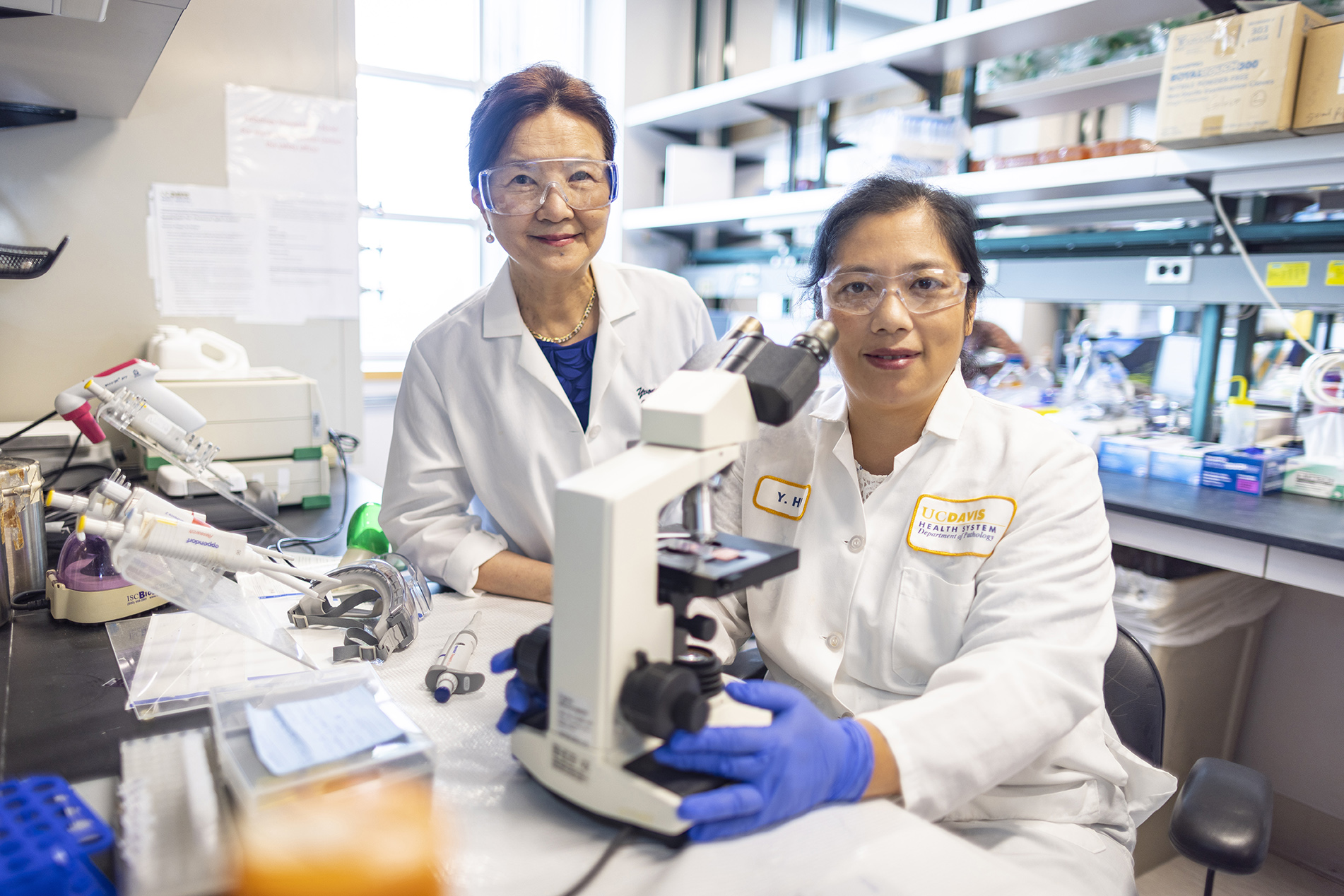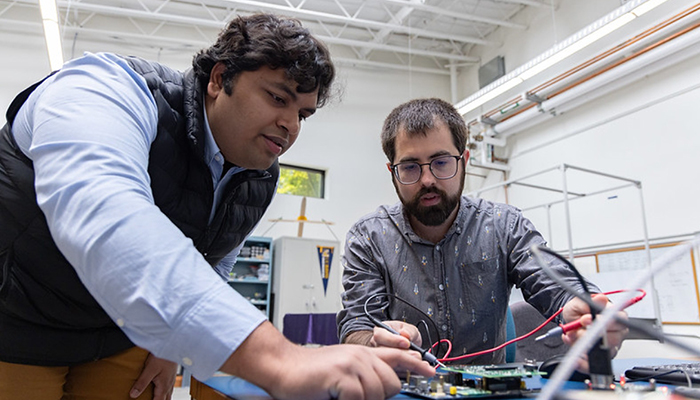Resources for Researchers
Learn about the resources and services available to researchers and faculty including protection of new inventions, transferring research materials and learning about copyright protection.
SUBMIT A RECORD OF
INVENTION
TRANSFER RESEARCH
MATERIALS
LEARN ABOUT
COPYRIGHT
For Industry Partners
Whether you are looking to license technologies or launch a sponsored research project, our team is ready to support you.

Plant Variety Licensing Program
View our reports capturing key metrics and impact of research and innovation as well as the initiatives that support them.
Innovation News
Stay Connected
Subscribe to our mailing list to receive updates on funding opportunities, events, strategic initiatives, new services and equipment, important regulatory updates and more.






